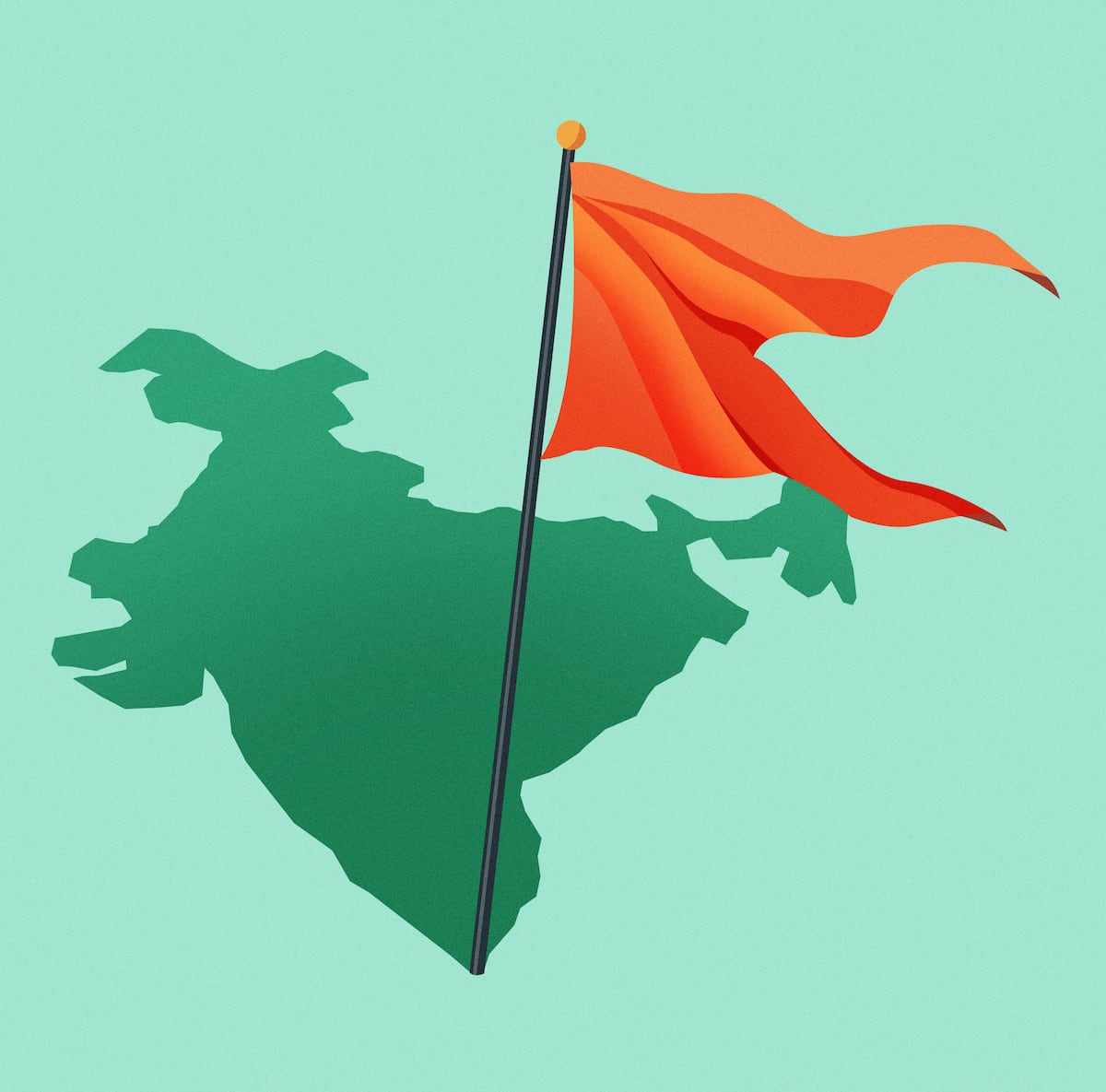The Indian prime minister is often compared to populist figures such as Recep Tayyip Erdogan in Turkey. Narendra Modi is supported by the economic elites - the new plutocracy whose wealth has grown exponentially under his mandate - but also by the poorest sectors, backward castes, and the outcasts.
His popularity responds to the changes brought about by a reform movement that emerged in 1925 with the aim of advancing the Indian nation. The Indian PM is not a character who fits easily into the usual political categories. Contrary to the populist divide that contrasts the 'decadent elites' with the 'true people,' the Indian PM has achieved transversal support in the most diverse and complex society that exists. The RSS has made economic and social development the focus of its policies. The party has increased its global influence. India has been able to capitalize on the diversification of foreign investments induced by tensions between the U.S. and China. Criminal investigation agencies are accused of acting selectively against the opposition and critics of the government. A climate of insecurity has developed for the country's 200 million Muslims, and few dare to report the abuses to which they are subjected. The country's economy has grown rapidly in recent years, but there has been a decline in democratic quality. The government has made a string of economic achievements that have been accompanied by a decline in democratic quality and a lack of transparency in government spending.

